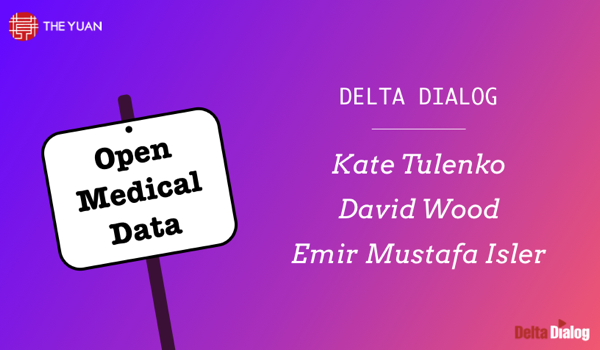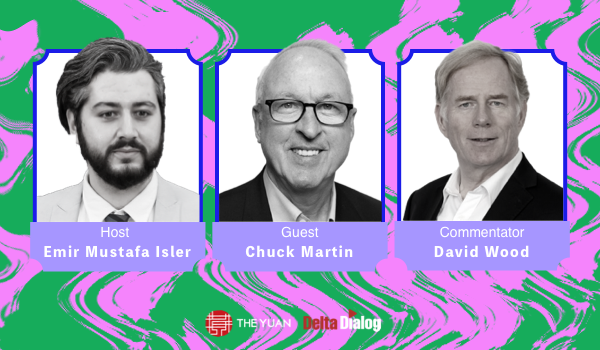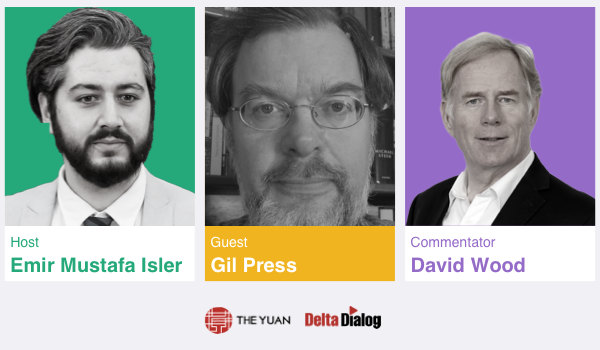
ISTANBUL -
AI in Healthcare: Balancing Opportunities and Ethical Challenges
The use of open medical data and AI in healthcare and health workforce planning brings with it a range of ethical implications and challenges. Privacy and security concerns are significant, and patient data must be anonymized and de-identified to protect privacy. Bias and discrimination are potential challenges, and AI must be trained on diverse datasets and regularly audited for bias. Transparency and accountability are essential to ensure patients and healthcare providers understand decision-making processes and can challenge them if necessary.
Resource allocation is another challenge, as AI has the potential to revolutionize health workforce planning but must be used to identify areas of need without exacerbating existing inequities. Additionally, the use of AI in healthcare raises questions about the role of healthcare providers and their professional autonomy. AI should support healthcare providers, not replace them, and it's important to ensure that professional judgement is not superseded by algorithms. Overall, the ethical implications and challenges facing open medical data and AI usage in healthcare and health workforce planning are complex and multifaceted, requiring caution and protection of patients' rights and interests.
Certainly! The use of open medical data and AI in healthcare and health workforce planning has significant implications for policymakers and policymaking. One of the main challenges for policymakers is to strike a balance between promoting innovation and protecting patient privacy and security. Policymakers must develop regulations and guidelines that ensure that open medical data is used responsibly and ethically, while also promoting the development of new technologies and approaches to healthcare.
Another key issue for policymakers is to ensure that the benefits of open medical data and AI are distributed fairly and equitably. Policymakers must consider issues such as access to healthcare services and the potential impact on vulnerable populations. Additionally, policymakers must ensure that healthcare providers are equipped with the necessary skills and resources to effectively utilize AI and open medical data in their practice. This may require significant investments in education and training programs, as well as efforts to address any potential concerns around the displacement of healthcare workers. Ultimately, policymakers play a crucial role in shaping the ethical and responsible use of open medical data and AI in healthcare and health workforce planning.
What’s in it for me? / Why should I care?
The use of AI and open medical data can improve healthcare delivery and access to medical services, but it also raises concerns about data privacy, security, and bias. Policymakers have a responsibility to balance the potential benefits of AI and open medical data usage with the need to protect patients' rights and interests. After all, healthcare is a basic human right, and every person deserves access to safe and effective healthcare services. Ethical considerations in AI and open medical data usage are important to ensure that healthcare is delivered equitably and without discrimination.
Further Reading:- Healthcare poised for transformation in Big Data era
- A Q&A with ChatGPT sheds light on how AI works in healthcare
- The False Promise of ‘Ethical AI’





 319 views
319 views







